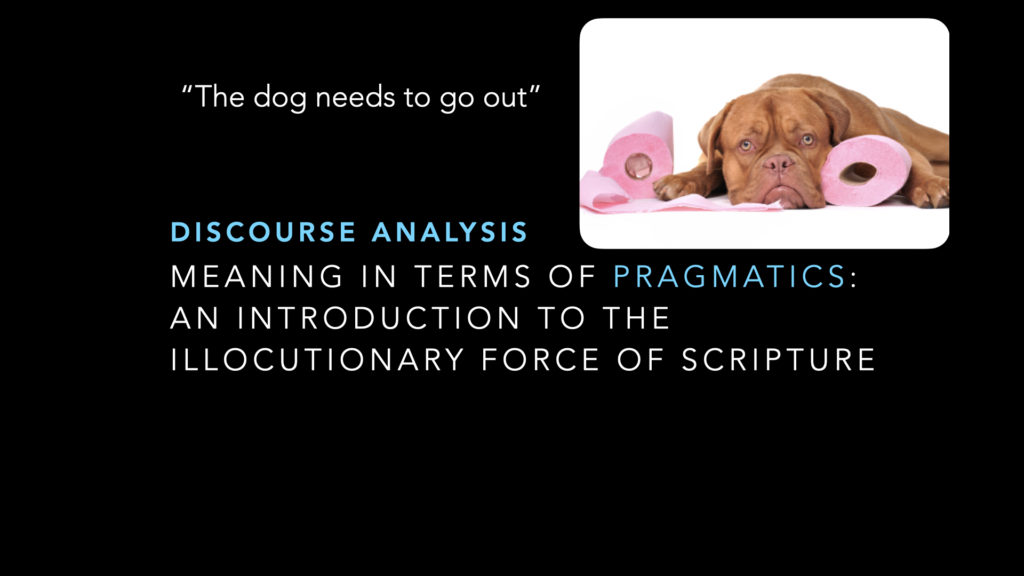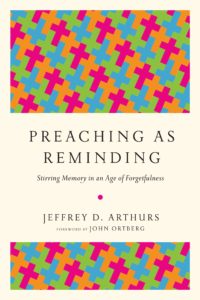
Not good results because we can’t guarantee “ears to hear.” We can’t guarantee that our listeners will respond to God. But we can guarantee that each Sunday we will supply God’s intention for the preaching portion.
Tomorrow, as you begin working on your Sunday sermon, be prepared to complete the following sentence:
“This morning, we worship our Lord by _______________________________.”
You and I fill in the blank with God’s intention for the passage of Scripture. This is the foundation for all expressions of application.
So, as you begin to practice your exegetical method this week, include the search for the intention of the passage. You will have to look for clues provided by the biblical author. It’s easiest usually in the epistles; toughest usually in OT narratives.
The main thing is to ask yourself what God intends to do in what He has written. Or, you might ask it this way: “How does God intend for this Scripture to function for the church?”
If done correctly, the way you fill in the blank above will be determined by the big idea of your preaching portion. The meaning and application are organically related through God’s intention.
So, while you can’t guarantee good results (actual worship), you can guarantee you will communicate good intentions, God’s intentions for the passage.
And He will receive glory in the church and in Christ Jesus (Ephesians 3:21).
Randal
P.S. I practice trying to complete the worship response as early as possible in my work week. That way, I do not have to wonder how the exegesis is functioning all week long. I am thinking about application early on in the process. And since God’s intention is the focus, I don’t have to worry about the search for application tainting the exegetical process (kind of an ole school approach!).











